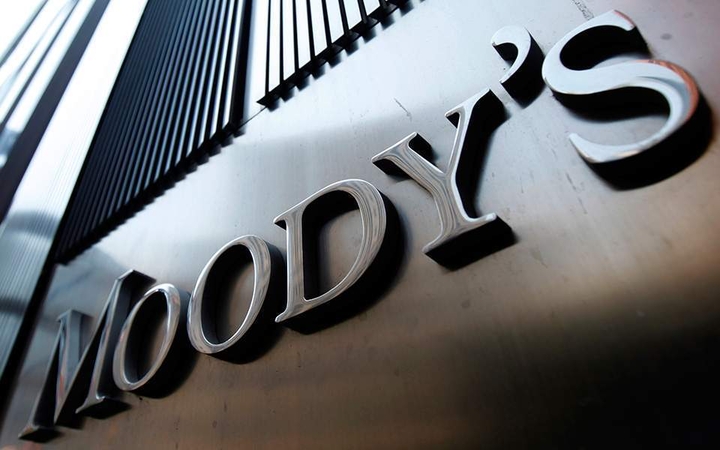(ATF) Asian high-yield corporate ratings saw the highest number of downgrades on record in the last quarter as the coronavirus pandemic ravaged company balance sheets and elevated refinance risks, according to Moody’s Investors Service.
The rating agency said there were 22 downgrades in the second quarter, the highest quarterly level on record and negative bias climbed to 41.1% at the end of June from 29.3% at the end of March.
Negative bias is defined as companies with a negative outlook or on review for downgrade and is measured as a percentage of the total number of rated Asian high-yield non-financial corporates only, excluding Project and Infrastructure Finance.
“All but four of the downgrades were associated with companies in industries we categorised as having high or moderate exposures to coronavirus disruptions,” Annalisa Di Chiara, Moody’s Senior Vice President, said.
Rating activity across the high-yield portfolio largely reflected earnings contraction, exposure to coronavirus disruptions, commodity price volatility and/or heightened refinancing risk, Moody’s said.
Refinancing risks
Refinancing risks and market access are the main risks for Moody’s rated high-yield portfolio with around $166 billion of bonds due through 2021 and $53 billion due by 31 December 2020.
“Companies that have already raised money or have large onshore liquidity are best positioned to manage refinancing requirements. Meanwhile, some low-rated companies will face limited market access and higher refinancing risks, potentially pushing defaults higher,” Di Chiara said.
The quality of the high-yield portfolio has also deteriorated with companies rated B3 negative and lower rising to 20, or 13.7% of the rated portfolio in June, with property companies bringing down the average.
This is higher than the long-term average of 10.7% but below the 27.3% record high reached during the 2009 global financial crisis, Moody’s said.
























